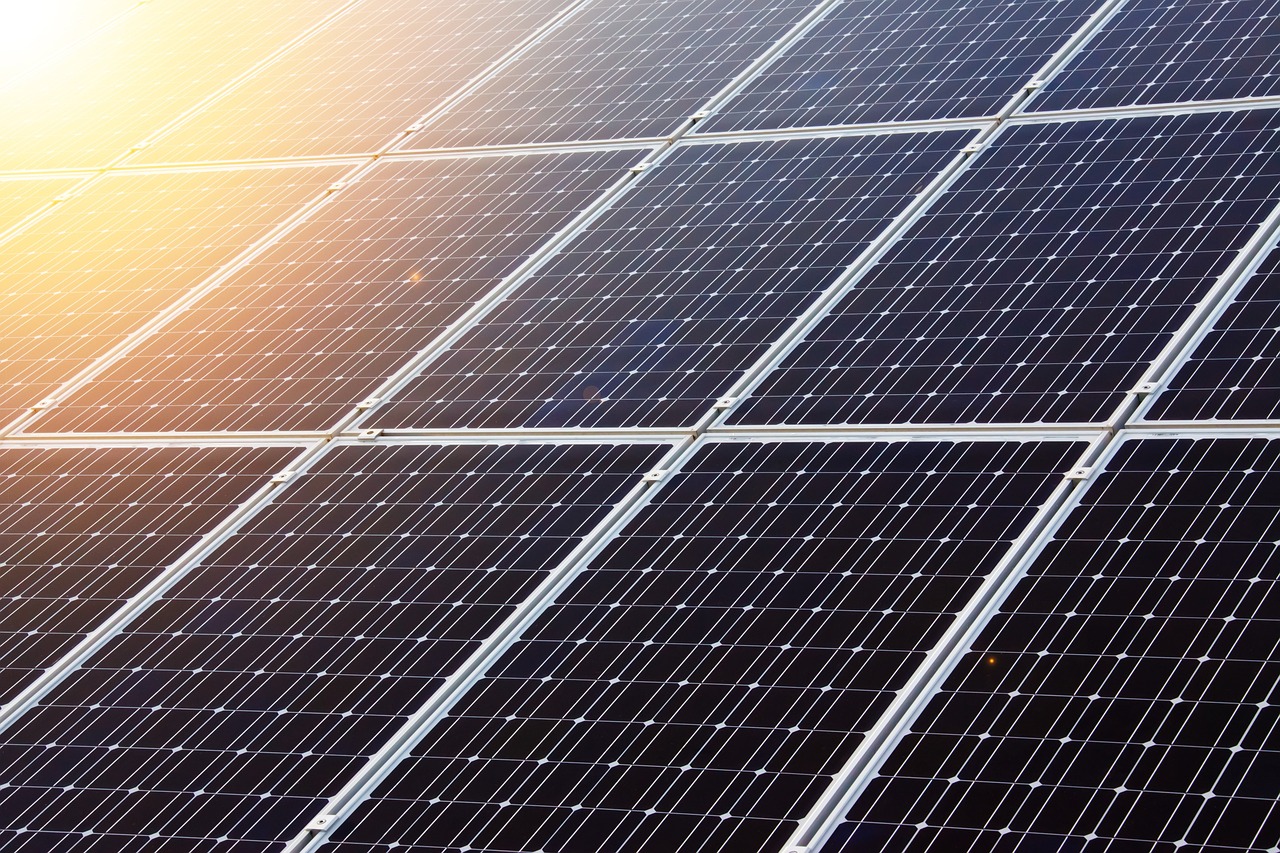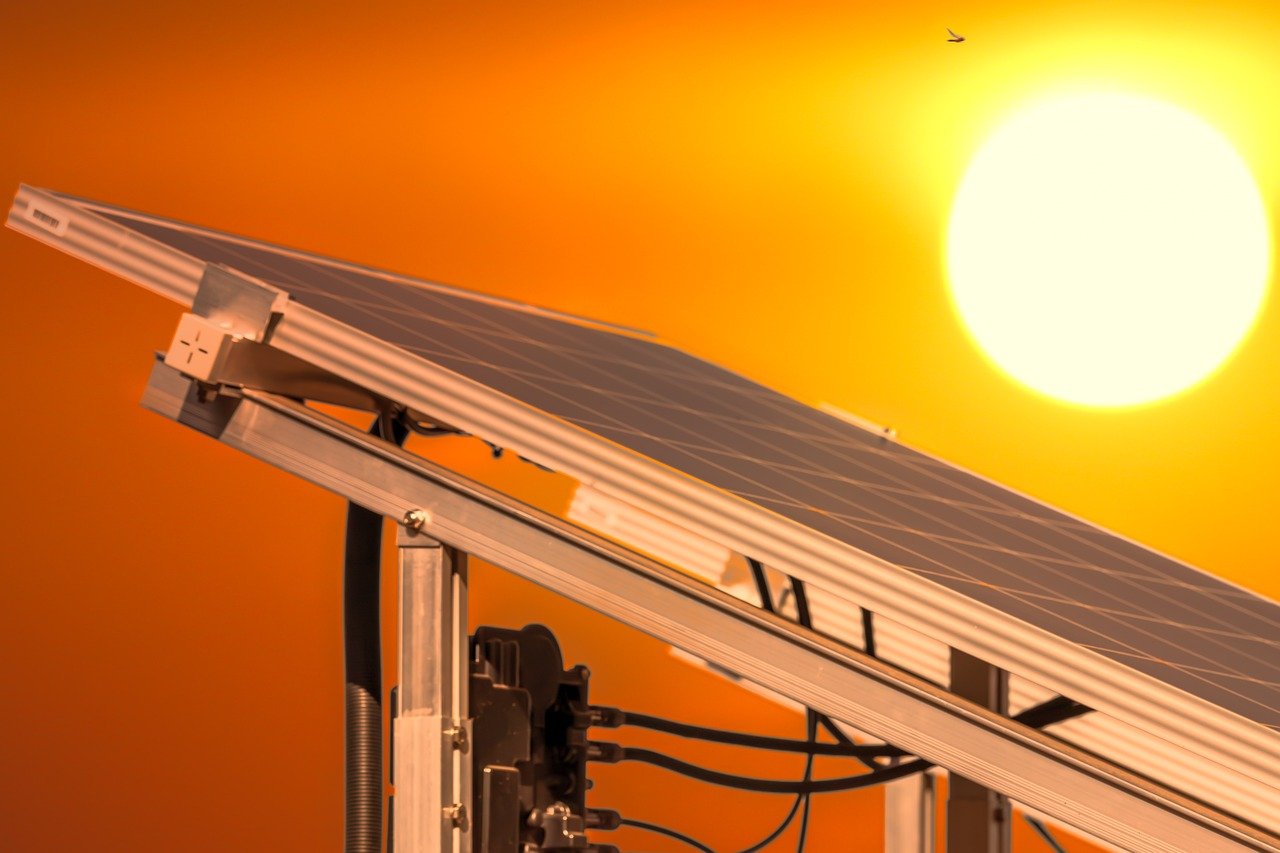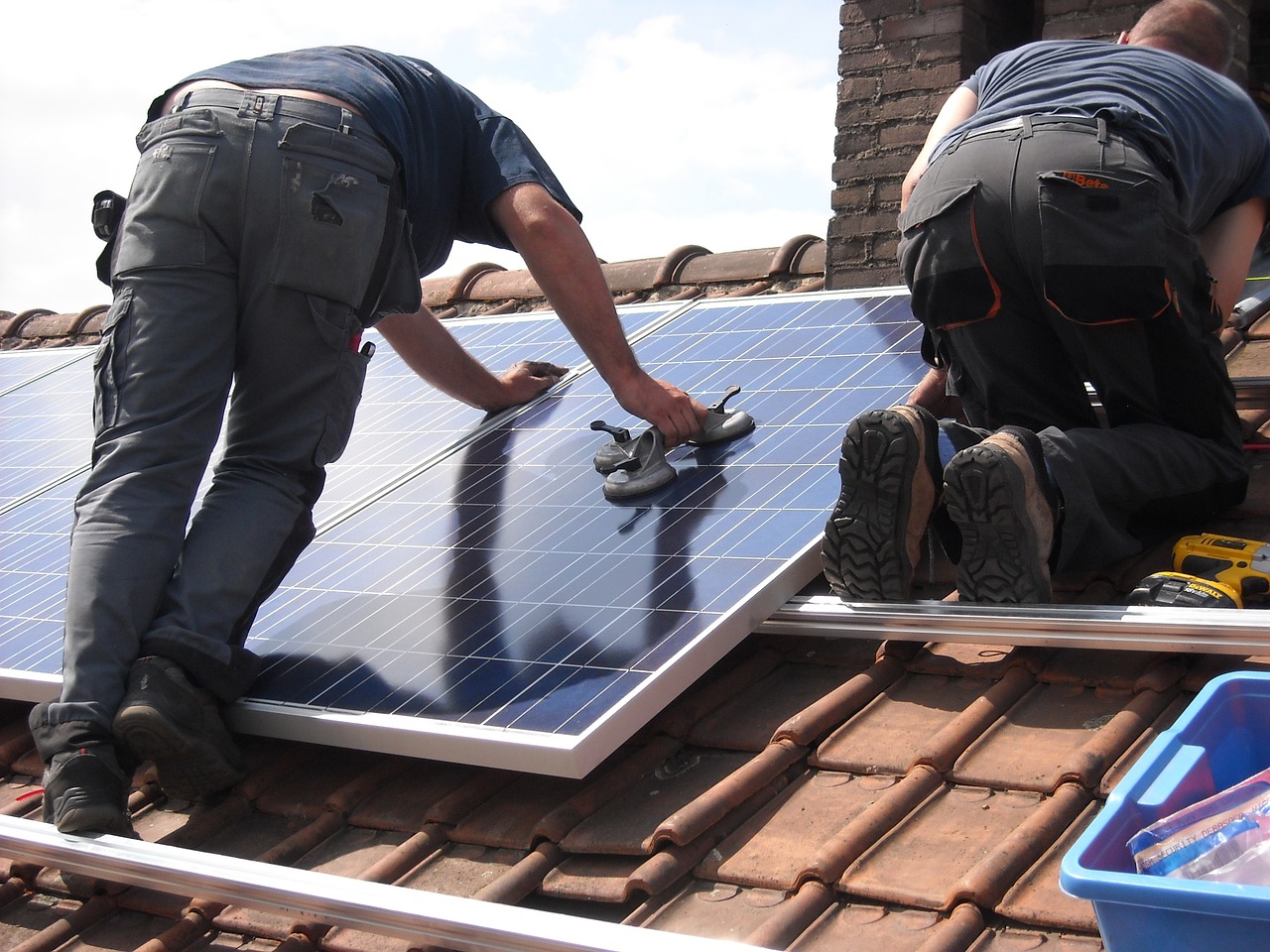Key Takeaway: Solar panels offer numerous benefits to homeowners, businesses, and individuals in New Jersey, including reduced electricity bills, potential tax incentives, increased property value, and environmental sustainability. However, there are also drawbacks to consider, such as high upfront costs, intermittent energy production, reliance on sunlight availability, and potential aesthetic concerns. Understanding these pros and cons can help you make an informed decision about whether solar panel installation is right for you.
If you’re a homeowner, business owner, or individual in New Jersey, you may have heard about the potential benefits of installing solar panels. But before you make a decision, it’s important to understand the real pros and cons of solar panel installation in the state. Today, we’ll explore the advantages and drawbacks of solar panels in New Jersey, as well as the government policies, maintenance requirements, local regulations, and success stories associated with solar energy.
What are Solar Panels?
Solar panels, also known as photovoltaic (PV) panels, are devices that convert sunlight into electricity. They consist of interconnected solar cells made of semiconductor materials, such as silicon, that absorb photons from the sun’s rays. These photons then generate an electrical current, which can be used to power homes, businesses, and other electrical devices.
Pros of Solar Panels in New Jersey
Reduced Electricity Bills
One of the biggest advantages of installing solar panels in New Jersey is the potential for significantly reduced electricity bills. By generating your own clean and renewable energy, you can rely less on traditional fossil fuel-based electricity from the grid. This means lower monthly bills and long-term savings.
Tax Incentives and Rebates
New Jersey offers several tax incentives and rebates to encourage solar panel installation. The Solar Renewable Energy Certificates (SRECs) program allows homeowners and businesses to earn credits for the solar electricity they generate. These credits can be sold to utilities, providing an additional source of income. Additionally, the federal government offers a 26% Solar Investment Tax Credit (ITC) for qualified solar installations, further reducing the overall cost.
Increased Property Value
Solar panels can also increase the value of your property. Studies have shown that homes equipped with solar panels tend to sell faster and at higher prices compared to homes without solar installations. This is due to the long-term energy savings and the growing demand for sustainable and energy-efficient properties.
Environmental Benefits
Choosing solar panels in New Jersey also contributes to a cleaner and more sustainable environment. By reducing reliance on fossil fuels, solar energy helps to reduce carbon emissions and combat climate change. It also decreases air and water pollution associated with traditional electricity generation methods.
Cons of Solar Panels in New Jersey
High Upfront Costs
One of the main drawbacks of solar panels in New Jersey is the high upfront costs. While the long-term savings can offset these costs over time, the initial investment can be a significant barrier for many homeowners and businesses. However, it’s important to note that there are financing options and incentives available that can make solar panel installation more affordable.
Intermittent Energy Production
Solar panels generate electricity only when sunlight is available. This means that energy production can be intermittent, particularly during cloudy days or at night. To overcome this limitation, solar panel systems are often connected to the grid, allowing you to draw electricity from the grid when your panels are not producing enough energy. This ensures a consistent power supply but may reduce the level of energy independence.
Reliance on Sunlight Availability
The efficiency of solar panels is directly influenced by the amount of sunlight they receive. In states like New Jersey, where weather patterns can vary, there may be days or seasons with reduced sunlight. While solar panels can still generate electricity under cloudy or overcast conditions, the output may be lower. It’s important to consider your location and the potential impact of weather on solar energy production.
Aesthetic Concerns
Solar panels can alter the appearance of a property, which may be a concern for some homeowners. While many people find solar panels sleek and modern, others may have aesthetic preferences that don’t align with the look of solar installations. However, it’s worth noting that advancements in solar panel design have made them more visually appealing and customizable.
Government Policies and Incentives
To encourage solar panel adoption, New Jersey has implemented various government policies and incentives. The New Jersey Board of Public Utilities offers the Transition Renewable Energy Certificates (TRECs) program, which provides financial incentives for solar installations. Additionally, the state offers low-interest financing options and property tax exemptions for solar panel systems. These incentives, combined with the federal Solar Investment Tax Credit, can significantly reduce the overall cost of solar panel installation.
Maintenance and Lifespan
Solar panels require minimal maintenance. Regular cleaning to remove dirt and debris, along with occasional inspections to ensure optimal performance, is usually sufficient. Most solar panels come with warranties ranging from 20 to 25 years, guaranteeing their performance and providing peace of mind for homeowners and businesses.
Local Regulations and Permits
Before installing solar panels in New Jersey, it’s important to familiarize yourself with local regulations and permits. Depending on your location, there may be specific guidelines and zoning requirements that dictate where and how solar panel installations can be placed. Consulting with a professional solar installer can help navigate these requirements and ensure compliance.
Case Studies and Success Stories
To provide a real-world perspective on the benefits of solar panels in New Jersey, let’s look at a few case studies and success stories:
- The Starr Residence: The Starr family in New Jersey installed solar panels on their roof, resulting in a 70% reduction in their electricity bill. The savings allowed them to recoup their investment within five years, and they now enjoy virtually free electricity.
- The Green Business Initiative: A local business in New Jersey implemented a solar panel system, significantly reducing their energy costs and carbon footprint. This move not only attracted environmentally conscious customers but also positioned the business as an industry leader in sustainability.
- The Johnson Farm: The Johnson family transformed their New Jersey farm into a sustainable operation by installing solar panels. Not only did they become energy-independent, but they also generated additional income by selling excess electricity back to the grid through the SRECs program.
Conclusion
Solar panels offer numerous advantages and considerations for homeowners, businesses, and individuals in New Jersey. From reduced electricity bills and tax incentives to increased property value and environmental sustainability, solar energy can be a game-changer. However, it’s important to weigh these benefits against the upfront costs, intermittent energy production, reliance on sunlight availability, and potential aesthetic concerns. By understanding the pros and cons, along with the government policies, maintenance requirements, local regulations, and success stories associated with solar panels in New Jersey, you can make an informed decision about whether solar panel installation is right for you. So, go ahead, harness the power of the sun, and embrace a greener and more sustainable future.



